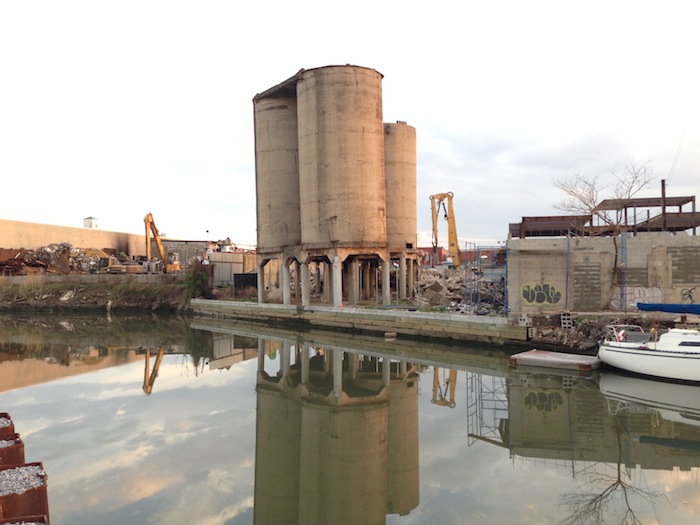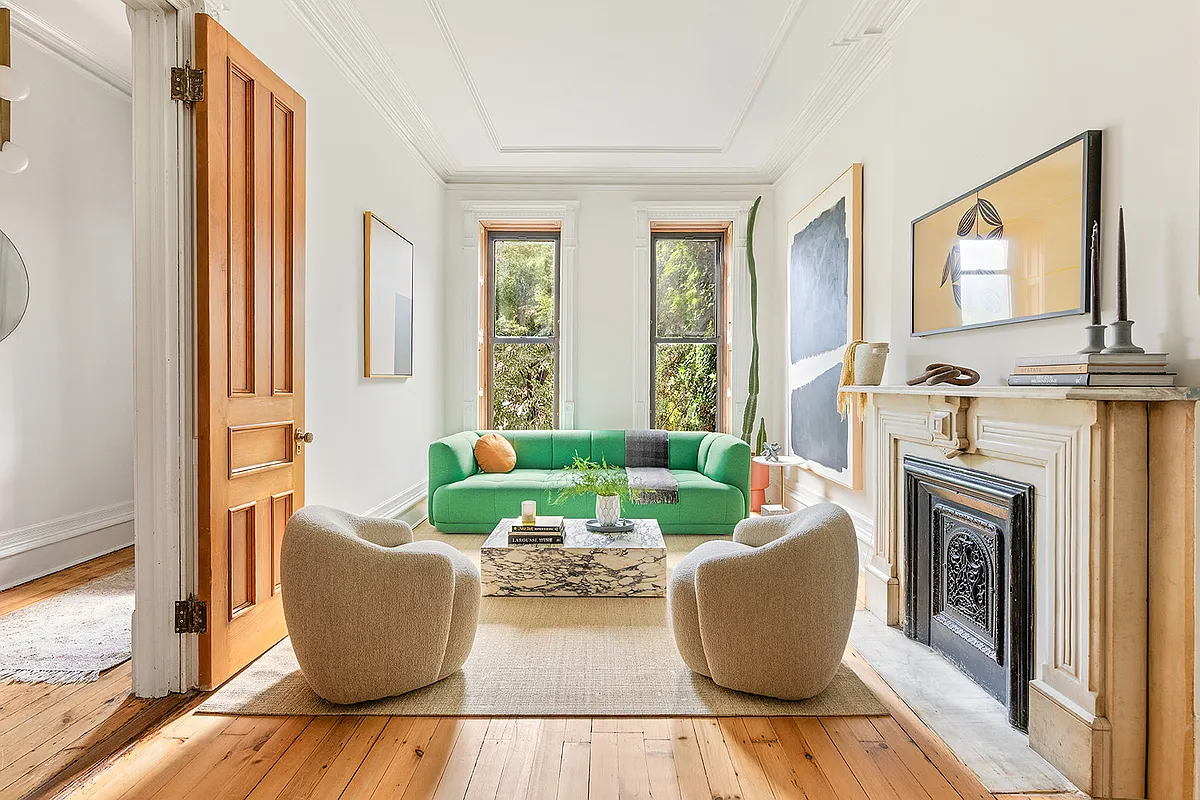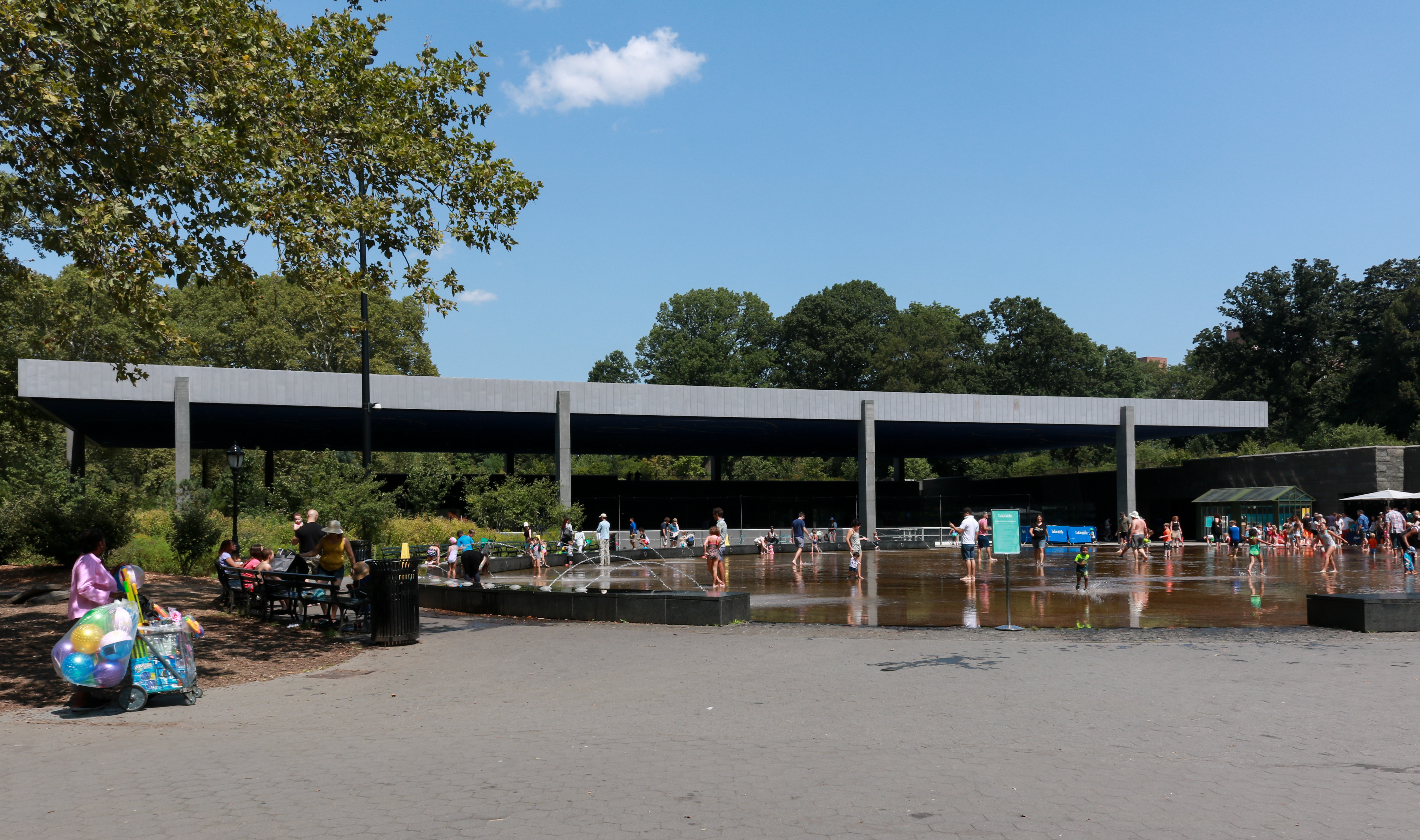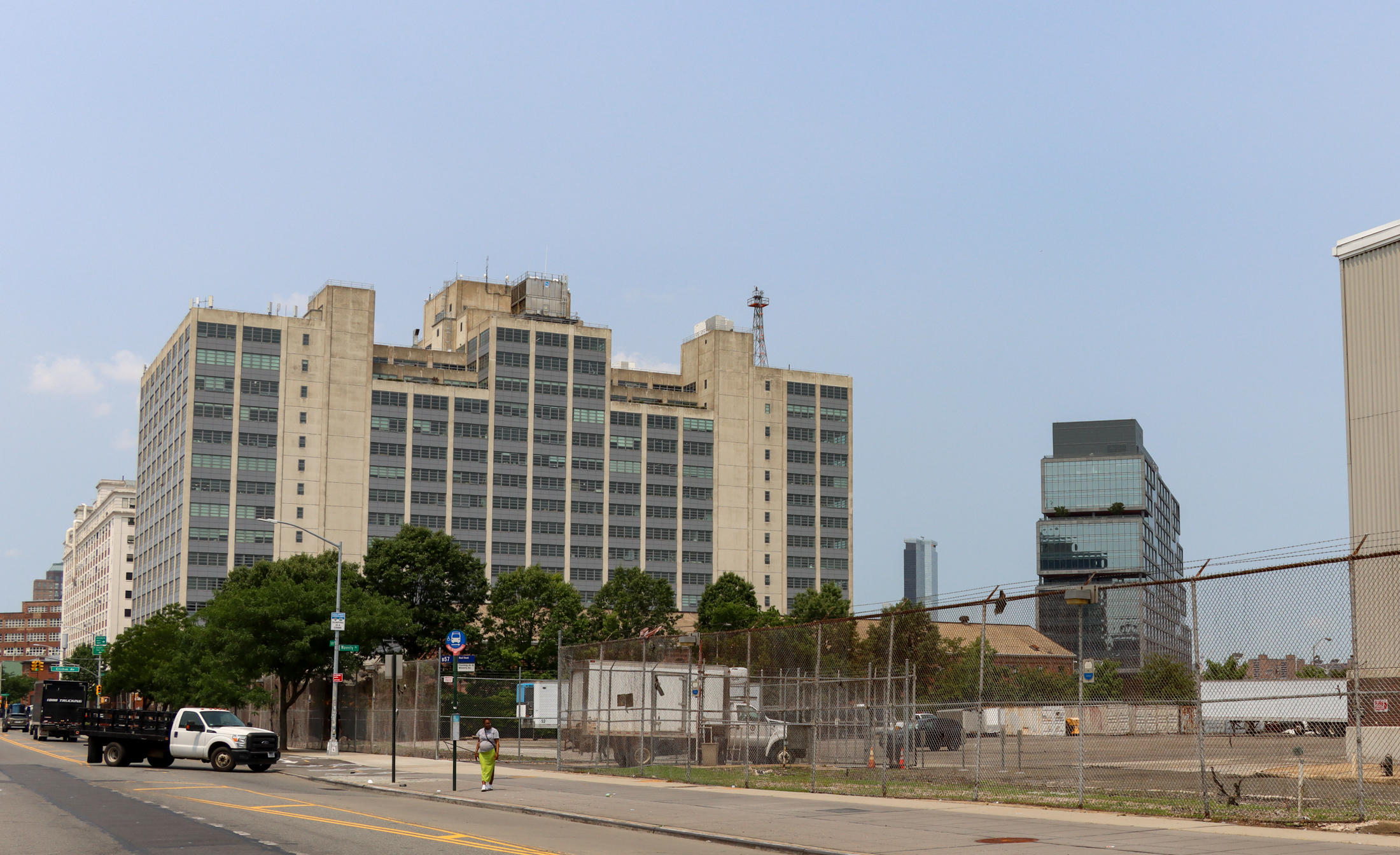Critics Fear Mayor Wants to Turn Industrial Zones Such as Gowanus Into Housing
A surprising group of allies, in particular housing advocates, are urging Mayor de Blasio not to turn the city’s protected industrial zones — including hotspots in Gowanus, above, Williamsburg and Bushwick — into housing. There has been a tug of war over these areas for years, particularly in areas such as Bushwick and Williamsburg where…


A surprising group of allies, in particular housing advocates, are urging Mayor de Blasio not to turn the city’s protected industrial zones — including hotspots in Gowanus, above, Williamsburg and Bushwick — into housing. There has been a tug of war over these areas for years, particularly in areas such as Bushwick and Williamsburg where illegal loft dwellings are common, and in Gowanus, over new developments in industrial areas.
Landlords can get far higher rents for illegal loft dwellings than they can for manufacturing. Bloomberg put into place protections for manufacturing but, according to a Crain’s story, didn’t do much during his last years in office. The loft law Bushwick State Assemblyman Vito Lopez helped passed before he left office also helped legalize their use as housing. A loophole in the zoning allows industrial areas to be used for hotels, and so the area around the Wythe Hotel has turned over very rapidly, ejecting longtime businesses, and now almost every building is slated to be a hotel or nightclub, though housing is still forbidden. The factory area in Bushwick, meanwhile, is full of illegal loft dwellings — which occasionally over the years the city has tried to evacuate.
Now, says Crain’s, “an unlikely coalition of manufacturers, business groups, liberal City Council members and housing advocates” is concerned de Blasio wants to turn the city’s 17 protected industrial business zones (IBZs) into housing. His “first budget slashed funding for the IBZ program…aides talk of putting ‘workforce housing’ in industrial areas to advance the administration’s goal of creating 80,000 affordable units.”
But “no housing is affordable without a job,” said an exec with the East Williamsburg Valley Industrial Development Corp., which represents about 1,000 business employing 15,000 in the Bushwick area. The coalition is calling for no loss of industrial capacity. Altogether there are 310,000 manufacturing jobs in the city’s IBZs, according to Crain’s. Famous bespoke suit maker Martin Greenfield, who operates in Bushwick and employs more than 100 tailors there, was recently fined by the city for machine noise after tenants in “an illegally converted loft next door” complained of the noise. That doesn’t seem fair.
The coalition is calling for more jobs:
Affordable-housing advocates, who normally cheer any program to add low-income apartments, joined business owners at a City Hall rally in June to demand that Mr. de Blasio create 50,000 industrial and manufacturing jobs. How he might achieve such an increase is unclear—manufacturing has added just 600 positions over the past two years after losing 125,000 since 1997, according to a recent study by the Center for an Urban Future. One hope is that efforts to replicate the model of the Brooklyn Navy Yard, which has a waiting list of industrial tenants, will come to fruition.
The rally preceded a City Council hearing on a nonbinding resolution urging the administration to revitalize the Mayor’s Office of Industrial and Manufacturing Businesses, which was launched and eventually abandoned by Mr. Bloomberg.
Meanwhile, the city’s Economic Development Corp. is conducting a study to see how industrial and housing could coexist.
What do you think should be done?
Coalition Wants Mayor to Protect Williamsburg and Other Industrial Zones [Crain’s]





Going by the “no housing is affordable without a job” rule means you’re expecting jobs to be available for anyone and everyone who lives locally and needs employment, AND at the same time you’re expecting enough decently priced housing to be built or preserved… somewhere close by. Right now, very little housing is affordable AND few jobs are available. Good luck holding your breath until both those things turn around.
Upon reading the headline I thought at first that there was some significant matter at stake, for example, industrial pollution that might be hazardous to potential residents. Then I began reading and I scratched my head. Huh? Illegal apartments in the midst of an industrial zone, but housing activists are fighting to keep the industrial nature of the community? One would think that they would be in support of legalizing the residential uses and developing more of them. So this is about jobs. Well, how will they maximize each? Every bit of manufacturing space has to mean a sacrifice of residential space, and every bit of residential space has to mean a sacrifice of manufacturing space. Moreover, even if industry is supported, there is no guarantee the manufacturers will be successful enough to sustain the jobs the activists want. Plenty of companies start off with great ideas but then fold. The best vision, in my mind, would be to support the residential housing which might be in greater demand, as per the on-the-ground activity (illegal apartments).